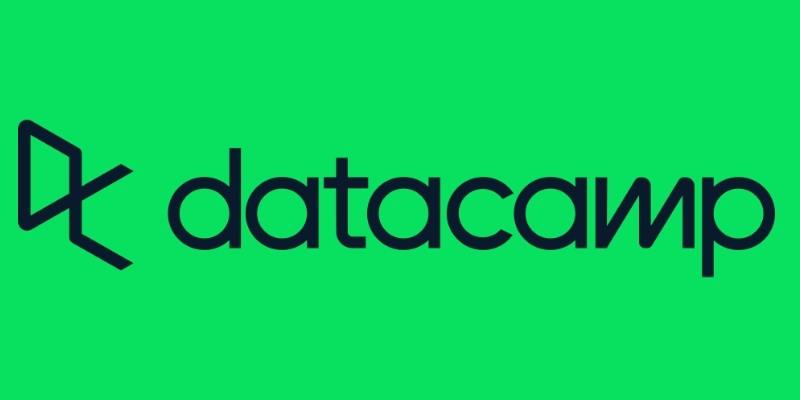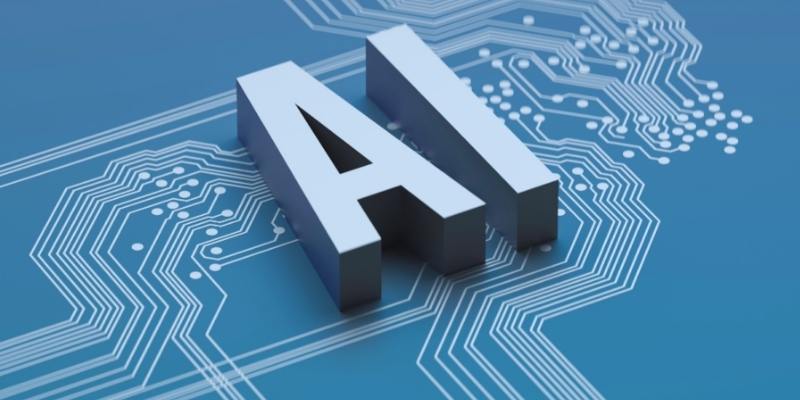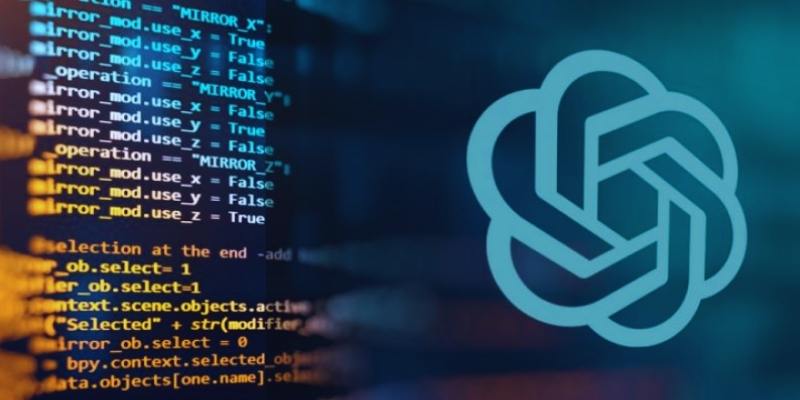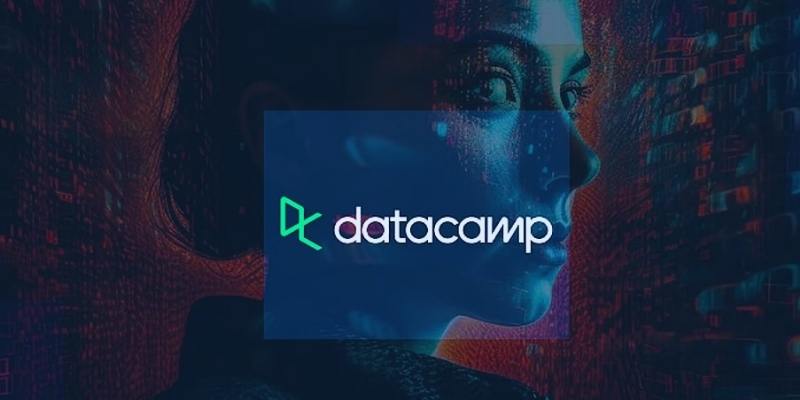Generative artificial intelligence is transforming sectors through work automation and the creation of new possibilities. Knowing this technology will enable you to advance in the rapidly expanding AI sector. Structured courses offered by DataCamp simplify and apply artificial intelligence learning. These courses address artificial intelligence models, deep learning, and machine learning. Both beginners and professionals can find helpful resources to raise their AI competency.
These courses can give you the necessary abilities to become proficient in generative artificial intelligence. They support dealing with datasets, coding AI applications, and understanding AI models. The top five DataCamp courses for learning generative artificial intelligence are investigated in this article. These courses can be useful if you wish to create artificial intelligence models or automate artistic work.

Top 5 DataCamp Courses for Mastering Generative AI
Below are the top DataCamp courses that will help you master generative AI, from fundamentals to advanced model development:
Introduction to Generative AI
Introduction to Generative AI course offers a basic grasp of how artificial intelligence generates material. It looks at important generative artificial intelligence models, including GPT and their part in data, image, and text production. This course is meant for novices; hence, it is easy to understand difficult AI ideas without background knowledge. It addresses neural networks, deep learning, and the principles behind artificial intelligence innovation. Students will learn how generative artificial intelligence improves automation in many spheres and generates reactions akin to those of humans. Students will examine the architecture of artificial intelligence models and their generation of text and visuals across the semester. It also clarifies practical uses, including artificial intelligence-driven chatbots, automatic writing tools, and AI-generated artwork. By the course's conclusion, students will have a strong basis in how artificial intelligence models operate and are applied in many sectors. The practical approach guarantees useful knowledge, enabling students to apply AI expertise efficiently.

Deep Learning Fundamentals
An essential understanding of deep learning and its applications in generative artificial intelligence is given in the Deep Learning Fundamentals course. It presents neural networks and clarifies their information processing and prediction-generating mechanism. Students will investigate important ideas such as backpropagation, activation functions, and optimization methods. Designed for beginners seeking to learn how artificial intelligence models grow from data, this course provides interactive courses where students will acquire Python and popular artificial intelligence framework training for deep learning models. The course addresses picture identification, audio processing, and AI-generated content, among other deep-learning uses. Through hands-on activities, students may strengthen and hone their models, supporting theoretical ideas. Students will have a strong basis in neural networks and deep learning methods by the end of the course. They will know how deep learning drives advancements in several technology sectors, including artificial intelligence.
Natural Language Processing (NLP) with Python
The Natural Language Processing (NLP) with Python course teaches how artificial intelligence recognizes and analyzes human language. It presents important NLP methods, including text processing, sentiment analysis, and chatbot building, that are applied in generative artificial intelligence models. Students will investigate how artificial intelligence finds meaning in text so that machines may respond in a human-like manner. The course covers fundamental subjects such as part-of-speech tagging, stemming, and tokenization. Students will also create artificial intelligence-powered chatbots, text classifiers, and machine translation models, among other useful projects. Practical exercises using Python modules such as NLTK and spaCy enable students to apply NLP ideas efficiently. Students will know at the end of this course how artificial intelligence develops significant text and interprets language. Working with actual data and building NLP-based applications will provide them with expertise. Those who want to create artificial intelligence models handling text generation, analysis, and automation will find this course perfect.
Building AI-Powered Applications
The Building AI-Powered Applications course guides the development of actual applications using generative artificial intelligence models. It emphasizes including artificial intelligence in applications so that students may create innovative tools driven by AI for automation. The course addresses useful methods for creating content generators, recommendation systems, and AI-powered chatbots and algorithms. Students will learn to create intelligent apps using popular AI frameworks and APIs. The course lets students create models and apply them in practical situations through hands-on coding projects. Important subjects are fine-tuning, optimizing, and integrating artificial intelligence models to improve performance. Students will be able to design practical artificial intelligence solutions for many sectors by the end of this course. They will know how artificial intelligence models operate inside software systems and how to create easily user-friendly AI solutions. Those wishing to employ artificial intelligence knowledge in business, automation, and product creation will find an ideal fit in this course.
Advanced Generative AI Models
The Advanced Generative AI Models course investigates modern AI methods for producing realistic text, images, and videos. It addresses more recent models such as Generative Adversarial Networks (GANs), GPT, and Stable Diffusion. Students will grasp how these models produce excellent material and their practical uses. The course covers artificial intelligence model designs, deep learning approaches, and fine-tuning strategies in great detail. Under advanced AI models, students will work on hands-on projects employing picture synthesis, text generation, and AI-driven creativity to solve problems. Ethical issues and prejudices in generative artificial intelligence are also covered in the course. By course completion, students will know how to create and maximize generative artificial intelligence models. They will pick up training techniques for sophisticated models for sectors including media, healthcare, and automation. Those who wish to explore creative uses and push the boundaries of artificial intelligence should find this course perfect.
Conclusion:
Task automation and new possibilities enabled by generative artificial intelligence are revolutionizing sectors. Through structured training, learning this technology will enable you to remain competitive in the artificial intelligence domain. Courses offered by DataCamp offer hands-on experience with artificial intelligence models, practical projects, and exacting direction. From grasping the foundations to honing sophisticated AI methods, these courses address critical subjects for artificial intelligence evolution. Completing them will help you develop the ability to create AI-powered apps, evaluate language, and create original work.


